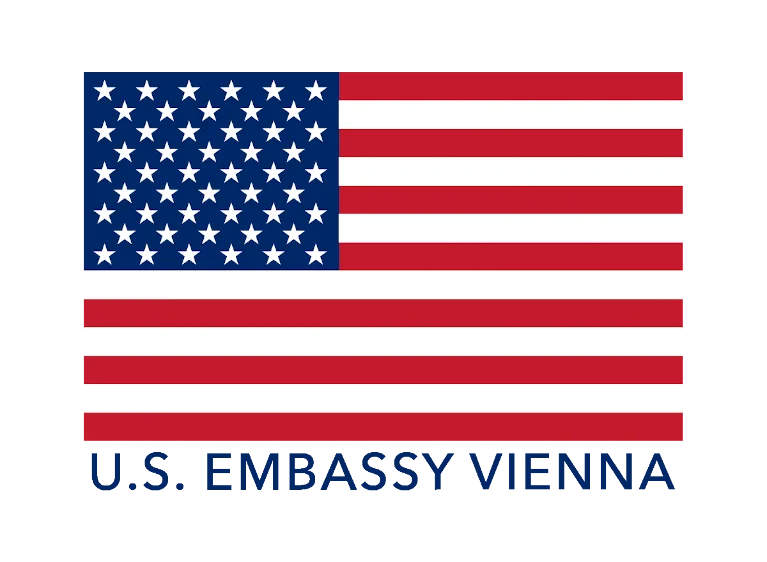Italian
First Language(s): Italian
Second Language(s):
English
Giulia Ottavia Frattini is a poet and writer based in Berlin. She currently collaborates as a contributor for several art magazines and is involved in art-oriented projects while developing her literary path. She perceives words as metamorphic elements; her prime focus gravitates toward the unfolding of identity, language's physicality, and lyricism's disruption.
What was your favorite book as a child?
As a child, I was extremely close to my grandfather, who had pursued classical studies back in his days. He would recite by heart a few excerpts from Homer's epic poems, and I fell instantly captivated. I approached some paraphrased versions of them at the beginning and the Italian translation during my early education. The universe of the deities so intertwined with the world of humans, the presence of semi-gods, the amorous entanglements, the dramatic tone, and the Greek myths unfolding through the lines have always had a profound impact on me because of their brutality and symbolism. As a kid, it sounded simply magical. Often I find myself expressing by metaphors, or better similes, both in my writing and when speaking, and I tend to believe this stems from the proximity with such a lyric language.
Do you remember the original reason or motivation why you started writing creatively?
For the desire to unleash myself. And to explore and vocalise the inner and the outer. Language is a raw material to mould; it is a corporeal matter for me. I wanted to generate language itself somehow.
What was the most adventurous or thrilling thing you ever did/experienced?
It is arduous to name one, as each phase of my life entailed crucial, profoundly significant and electrifying moments. I can outline a constellation of them most likely. However, the time I decided to cut off a predetermined and arguably more canonical course to jump into an art-oriented path is undoubtedly among the most fundamental events in casting — or reaching — my identity and being. It felt ecstatic and visceral. I loved that disruption and collision; I was suddenly prone to live.
Do you listen to music while reading or writing?
Silence for me is essential while writing, especially when writing poetry. The same goes for reading. Occasionally, I listen to music tracks, but these need to be absolutely wordless. The genre can be very eclectic. Nevertheless, I generally try to prevent my writing or the perception of the text I read from being inflected by a sound; I’ve experienced that an unwanted emotional and linguistic distortion arises if I immerse myself into melodies or tunes during my creative process. Still, I do like to be surrounded by the noises of everyday life so that the silence itself morphs into rhythm and, therefore, inspiration. Somehow existence must be permeable.
Poetry
Chrysalis
Issue Fall '22
Supported by:


